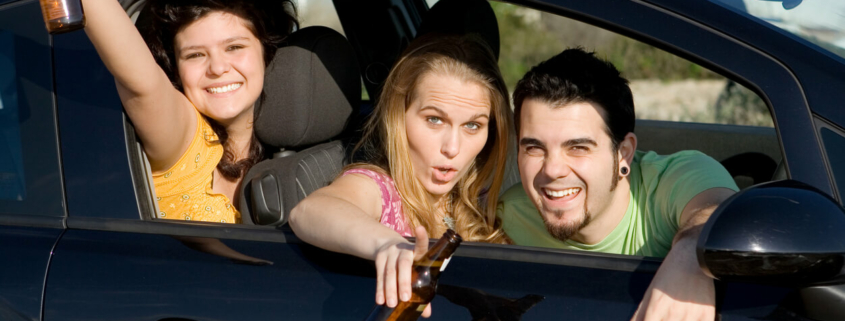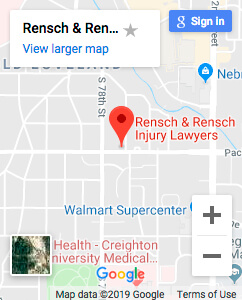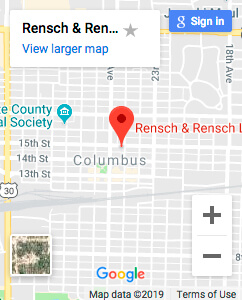What You Need to Know About Buzzed Driving
OMAHA, Nebraska. March is the month of March Madness, St. Patrick’s Day, and ample opportunities to drink. But, before you say “cheers,” you might want to make sure you have a designated driver. The National Highway Traffic Safety Association reminds drivers that buzzed driving is drunk driving. As a general rule, if you are not sure whether you are safe to drive, you are probably not safe to drive. What if you’ve had only one or two drinks? Recent studies suggest it may not be safe to get behind the wheel.
According to research conducted by Texas A&M University, even one or two beers can seriously impact your ability to make sound decisions. Alcohol affects a person’s judgement. So, even if you think you are okay to drive, you actually may not be okay to get behind the wheel. Researchers had study participants drink and then get behind the wheel of a driving simulation. While the researchers expected participants with illegal blood alcohol concentrations to have trouble driving, what they were not expecting was to find that drivers with legal and low blood alcohol concentrations also had problems behind the wheel. In fact, even those who had only reached half of the legal level showed impairment.
What does this mean for driver safety and for public safety in general? For one, it means that if you plan to drink, you should not be driving—period. Secondly, it means that a person could legally be under the limit and still be impaired. What are the implications for personal injury law? If a person can be impaired, but not over the legal limit, passengers and drivers who have been in an accident should still always demand that police test both drivers to determine their blood alcohol concentration. If your personal injury lawyer can show that the other driver had been drinking, even if he or she was not over the legal limit, your attorney may be able to make a case to show that the other driver’s impairment resulted in the accident and in your injuries.
Even one drink can impair an individual behind the wheel. Texas A&M researchers found that for a woman, one drink could result in serious impairments, and for men, just two drinks could impact their ability to drive.
If you’ve been hurt by the actions of another driver, it is important to protect your rights. You may be entitled to seek damages to cover your medical costs, lost wages, and pain and suffering damages. Rensch & Rensch Law are car accident lawyers in Omaha, Nebraska who work closely with victims and families whose lives may have been impacted by drunk drivers. Even one drink can result in a crash that leads to devastating injuries or disability. If you suspect that the other person involved in your car accident was drinking, call the police, make a police report, ask that you and the other driver submit to breath or blood tests, and reach out to Rensch & Rensch Law today.






